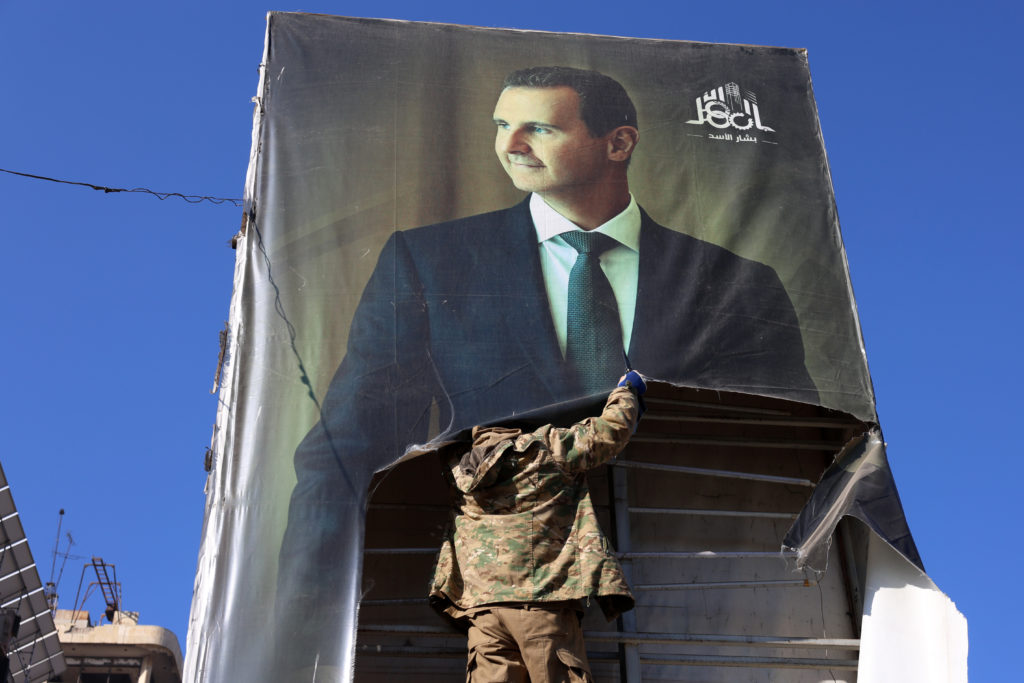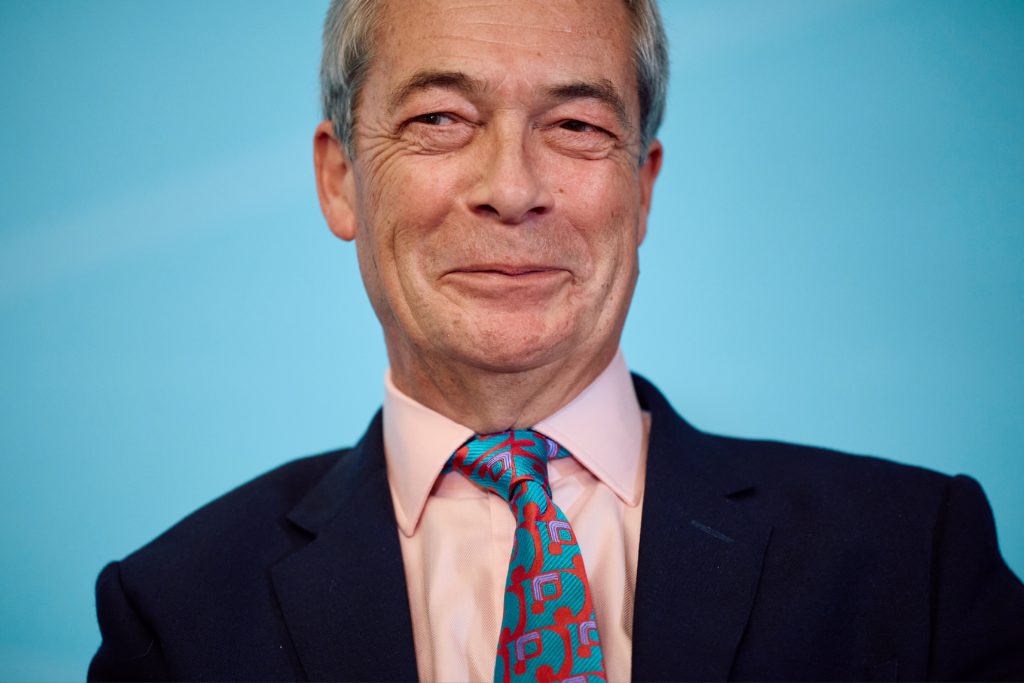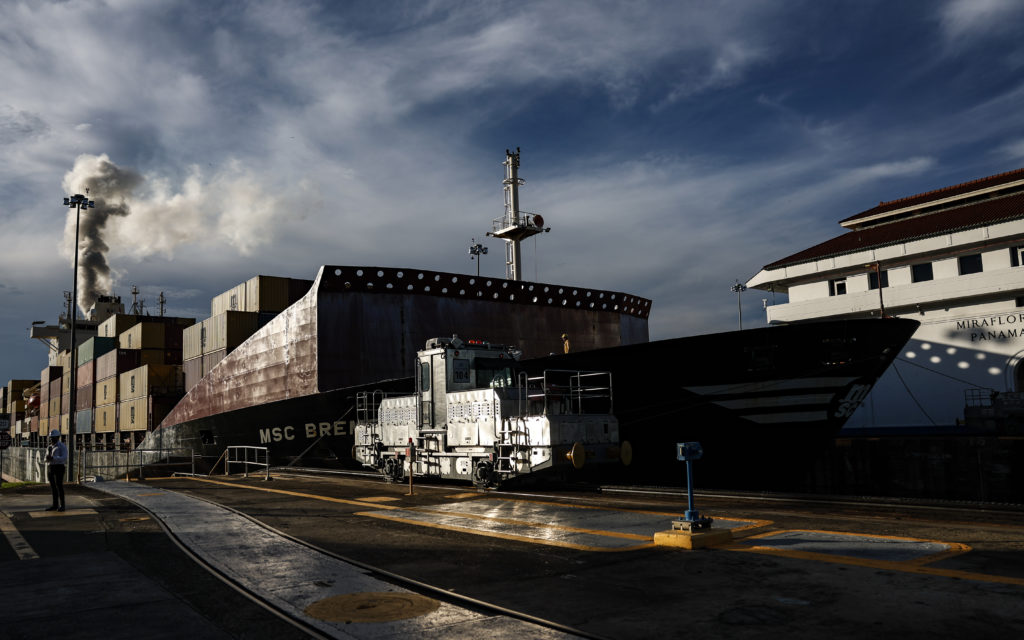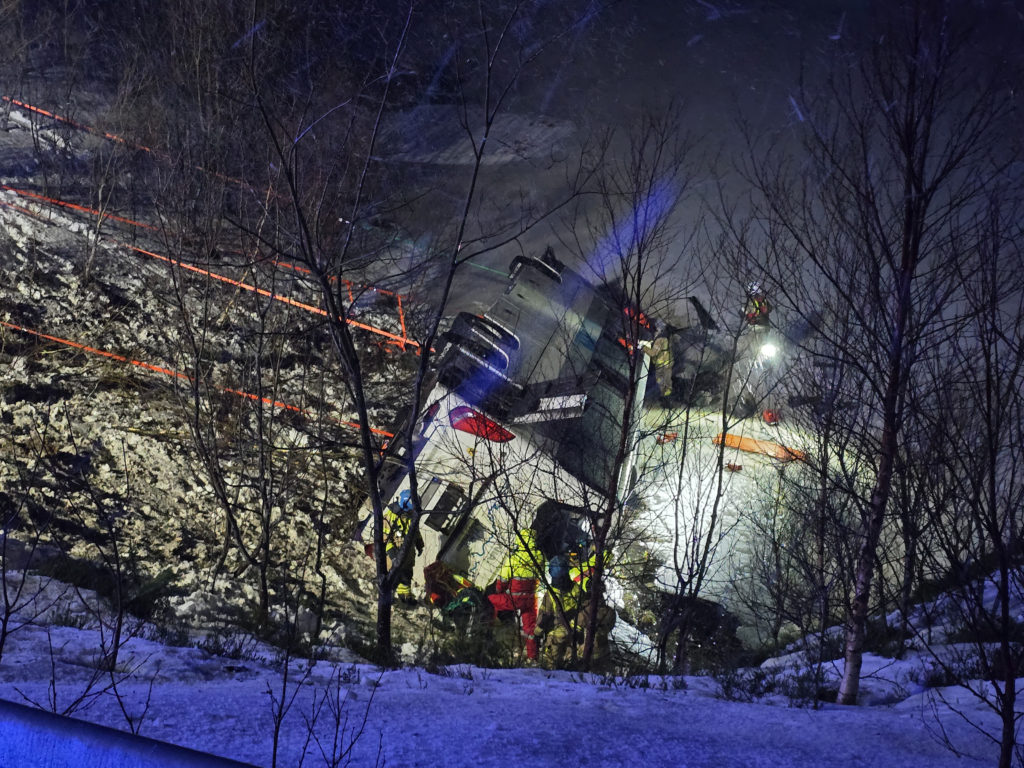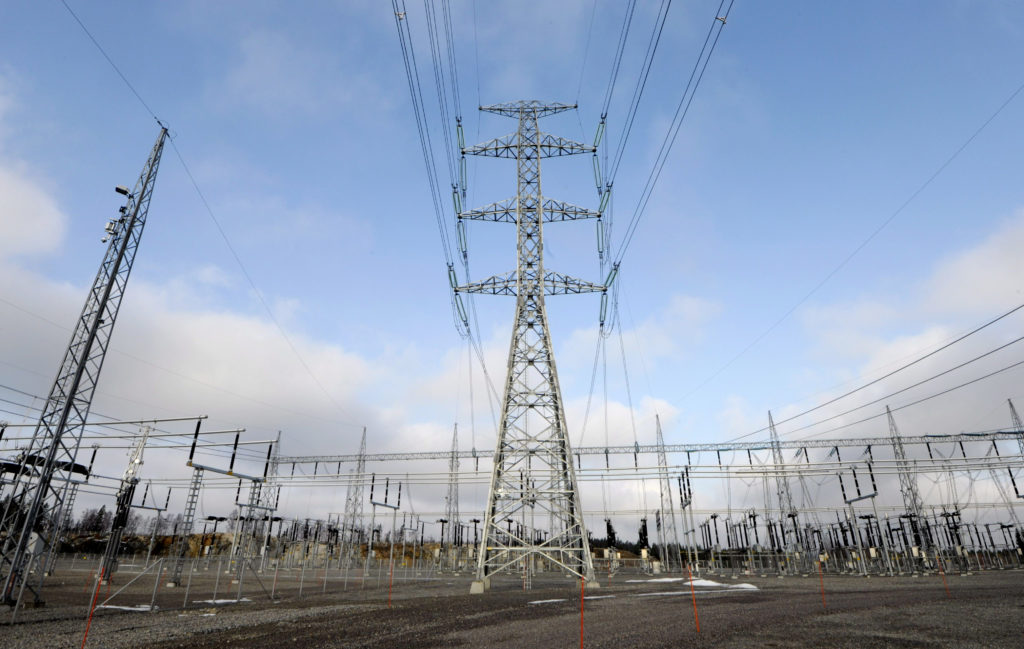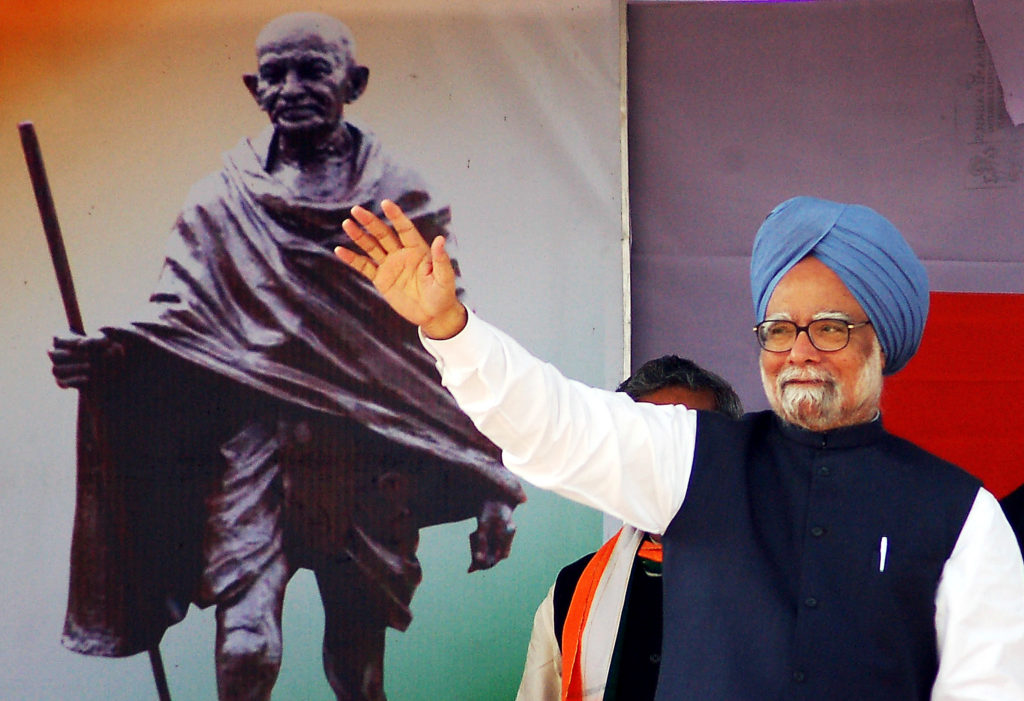Syria’s President Bashar al-Assad on Monday branded an Islamist-led offensive that has captured swathes of territory an attempt to redraw the regional map in line with US interests.His comments in a phonecall with Iranian President Masoud Pezeshkian came as Syrian and allied Russian warplanes launched deadly raids on rebel-controlled areas.Both Russia and Iran back Assad, and say they will help his forces fight back after Aleppo, Syria’s second city, fell out of government control.Syria has been at war since Assad cracked down on democracy protests in 2011. The conflict has since drawn in foreign powers and jihadists, and left 500,000 people dead.The conflict had been mostly dormant with Assad back in control of much of the country until last week, when the Islamist-led rebel alliance began its offensive.”The terrorist escalation reflects the far-reaching goals of dividing the region and fragmenting the countries in it and redraw the map in line with the objectives of the United States and the West,” a statement from Assad’s office quoted him as saying.Pezeshkian pledged continued support and said: “We hope that with your tact, strength and fortitude, the country of Syria will pass through this stage with success and victory.”The Islamist Hayat Tahrir al-Sham (HTS) group and allied factions took Aleppo at the weekend, except for neighbourhoods controlled by Kurdish forces, according to the Syrian Observatory for Human Rights.They also seized Aleppo International Airport. Abu Sufyan, a rebel commander, told AFP: “God willing, we will continue, go into Damascus and liberate the rest of Syria.”- Panic -Speaking on condition of anonymity for security reasons, one Aleppo resident said the rebel takeover plunged the city into panic. “There were terrible traffic jams — it took people 13 to 15 hours to reach Homs” in central Syria, which is under government control. Normally, he said, the drive would take a couple of hours.Aleppo, an ancient city dominated by its landmark citadel, is home to two million people and saw fierce fighting earlier in the war.But until this weekend the rebels were never able to take over totally.AFPTV footage showed rebels patrolling the streets, some setting fire to a Syrian flag and others holding the flag of the revolution.While the streets appeared mostly empty, some people came out to cheer the fighters.- Deadly attacks -HTS, an alliance led by Al-Qaeda’s former Syria branch, has faced accusations of human rights abuses including torturing detainees.It is fighting alongside allied factions under a joint command.On Monday, Syrian and Russian air raids on several areas of Idlib province in the northwest killed 11 civilians including five children, the Observatory said.”The strikes targeted… displaced families living on the edge of a displacement camp,” said Hussein Ahmed Khudur, a 45-year-old teacher who sought refuge at the camp from fighting in Aleppo province.He said one of the children who died was a student of his, and the other four were his sisters.Other strikes in Aleppo killed four civilians, two of them children, the Observatory said, adding that air raids also targeted a Christian-majority neighbourhood.Islamist-led rebels killed six civilians on Monday in a rocket attack on the government-held city of Hama, the Observatory said.AFPTV footage showed rebels pushing into Hama province in central Syria.- ‘Unconditional support’ -Russia first intervened directly in the Syrian war in 2015, and on Monday President Vladimir Putin and Iran’s Pezeshkian both pledged “unconditional support” for their ally, according to the Kremlin.They also “emphasised the importance” of coordinating with Turkey, the Russian side said in its readout of the call between the two leaders.Turkey on Monday rejected any suggestion of “foreign interference”.”The lack of talks between the regime and the opposition has brought the problem to this point,” Foreign Minister Hakan Fidan said at a joint press conference in Ankara with his Iranian counterpart Abbas Araghchi.He called it “a mistake to ignore the legitimate demands of the opposition”.- ‘Limited utility’ -While the fighting is rooted in a war that began more than a decade ago, much has changed since then.Millions of Syrians have been displaced, with about 5.5 million now in neighbouring countries.Most of those involved in the initial anti-Assad protests are either dead, in jail or in exile.Russia is at war in Ukraine, and Iran’s militant allies Hezbollah and Hamas have been massively weakened by more than a year of conflict with Israel.Lebanon’s Hezbollah played a key role in backing government forces particularly around Aleppo, but it withdrew from several positions to focus on fighting Israel.HTS and its allies began their offensive on Wednesday, as a ceasefire took effect in Lebanon.The violence in Syria has killed more than 457 people, mostly combatants but also including at least 72 civilians, according to the Observatory.- Beyond Aleppo -Aron Lund of the Century International think tank said: “A government without Aleppo is not really a functional government of Syria.”He said a major question hangs over possible Turkish involvement.”I have a hard time imagining that Turkey-backed groups could launch a major rebel offensive out of Turkey-held areas without Turkey being very significantly involved,” he said.”But I also don’t think Turkey necessarily wanted the rebels to get this far.”The United States, France, Germany and Britain called Sunday for “de-escalation”, and for the protection of civilians and infrastructure.The UN Security Council will hold an emergency meeting on Syria on Tuesday, diplomatic sources told AFP.
Mon, 02 Dec 2024 15:51:05 GMT

